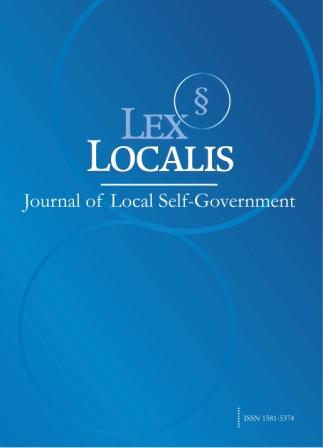PSYCHO-EDUCATIONAL PROGRAM FOR ENHANCING KNOWLEDGE, PRACTICE, AND ADJUSTMENT AMONG FAMILY CAREGIVERS OF CHILDREN HAVING HEARING LOSS
DOI:
https://doi.org/10.52152/Keywords:
Knowledge, experience, adaption, family caregivers, and hearing loss.Abstract
Introduction: Caring for children with hearing loss presents substantial physical, emotional, and financial challenges for family caregivers, highlighting the necessity for effective support interventions.
Methodology: This quasi-experimental study employed a pre-post assessment design and was conducted at a specialized outpatient speech clinic affiliated with a university-based center for childhood developmental services. That made regular support for children with hearing loss and their families, making it an appropriate and accessible location to deliver the psycho-educational program and evaluate its effectiveness on family caregivers. A purposive sample of 40 family caregivers was selected based on predefined inclusion criteria during routine follow-up visits.
Results: The study found that the majority of family caregivers, mainly women who aged 25-30, with 45% working full-time and 42.5% working part-time. They reported insufficient income and had no other children with hearing impairments. The psycho-educational program significantly improved their knowledge, caring practices, and adjustment. Post-intervention findings indicated statistically significant improvements across all measured domains. Knowledge scores rose from 45.96% to 92.97% (p<0.001), caregiving practice scores increased from 45.96% to 92.97% (p<0.001), and adjustment scores improved from 56.58% to 82.58% (p<0.001).
Conclusions: The psych educational program improved the knowledge, caregiving habits, and adjustment of family caregivers for children with hearing loss.
Downloads
Published
Issue
Section
License
Copyright (c) 2025 Lex localis - Journal of Local Self-Government

This work is licensed under a Creative Commons Attribution-NonCommercial-NoDerivatives 4.0 International License.








